The strategic partnership between India and the European Union (EU) received a significant boost as European Commission President Ursula von der Leyen arrived in New Delhi this week, accompanied by 27 EU commissioners on her first overseas visit of the term. The high-profile trip underscores the EU’s growing focus on strengthening ties with India amid shifting global dynamics and rising geopolitical uncertainties.
The visit comes at a crucial time as the EU faces strained relations with the U.S. following President Donald Trump’s recent stance on Russia’s war in Ukraine and threats of fresh import tariffs. Against this backdrop, von der Leyen highlighted India as one of the EU’s most trusted friends and allies, emphasizing the need to bolster cooperation in trade, technology, and security.
“In this era of intense geostrategic competition, Europe stands for openness, partnership, and outreach. We seek to deepen ties with one of our most trusted friends and allies — India,” von der Leyen said ahead of the visit.
Discussions between von der Leyen and Prime Minister Narendra Modi are expected to center on enhancing trade, digital infrastructure, and supply chain resilience. The second ministerial meeting of the India-EU Trade and Technology Council will explore collaborations in emerging technologies, green energy, and key value chains, further positioning India as a vital partner in the EU’s derisking strategy from China.
Negotiations for the much-anticipated India-EU Free Trade Agreement (FTA) are also on the agenda. The talks, which resumed in 2022 after nearly a decade-long hiatus, are vital for expanding bilateral trade, which reached $137.41 billion in the financial year ending March 2024 — making the EU India’s largest export market.
While some contentious issues remain, including import tariffs on goods like automobiles and visa access for skilled Indian workers, the renewed dialogue reflects both sides’ commitment to overcoming past differences.
India is expected to raise concerns over the EU’s Carbon Border Adjustment Mechanism (CBAM), a policy aimed at taxing carbon-intensive goods that could heavily impact Indian exports. Additionally, the evolving situation in Ukraine will likely feature in closed-door discussions, with the EU urging India to use its strategic position to advocate for inclusive peace negotiations.
Despite India’s longstanding ties with Russia, the country has maintained a neutral stance on the Ukraine conflict, balancing its strategic interests while promoting dialogue and diplomacy.
The visit also highlights India’s rising significance in global geopolitics as the EU diversifies its allies amid internal political challenges and a global economic slowdown. India’s close ties with France, along with recent defense deals for Rafale fighter jets, further solidify its role as a key partner in the EU’s Indo-Pacific strategy.
With over 6,000 European companies operating in India, providing 1.7 million direct jobs and supporting 5 million indirect jobs, the deepening partnership holds immense potential for both sides.
Von der Leyen’s visit marks a renewed commitment to advancing a modern, balanced, and mutually beneficial partnership, reflecting India’s growing stature as a global economic and strategic power.
Input From Agency

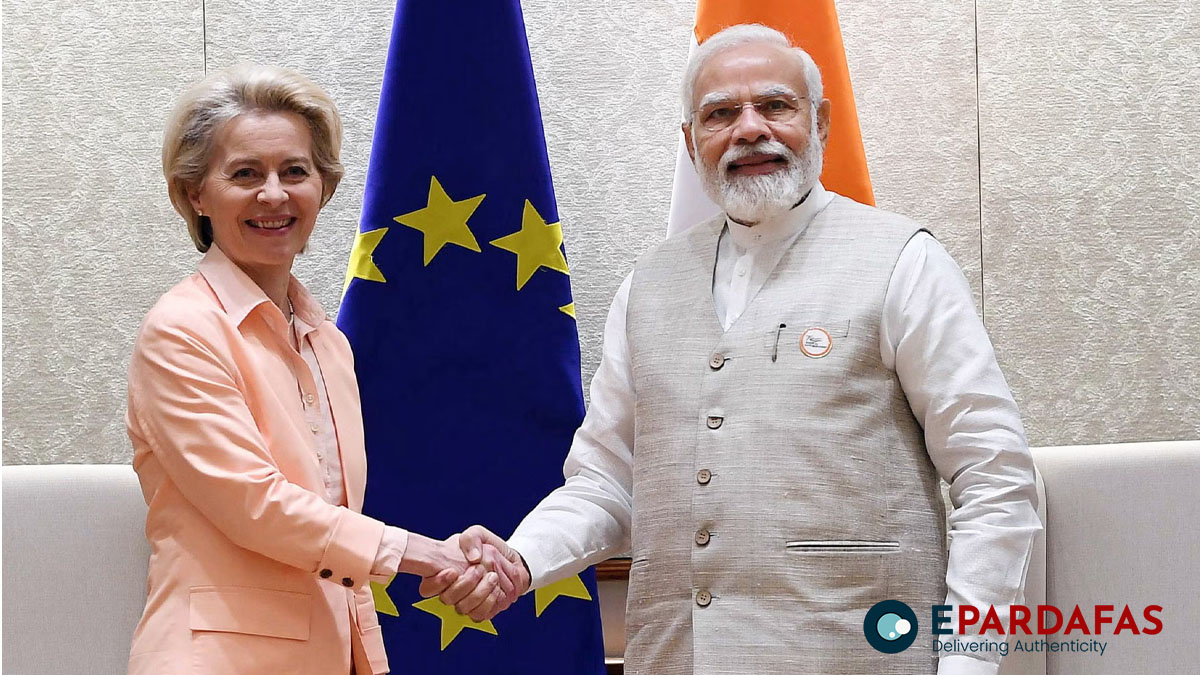
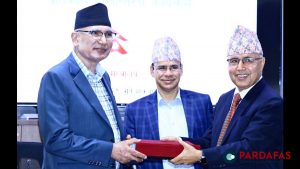

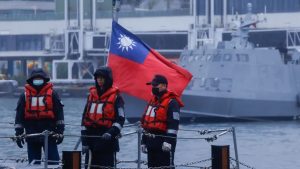
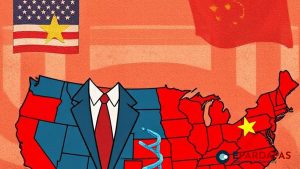

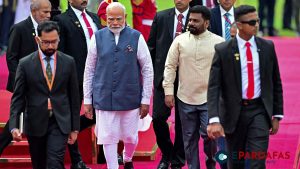






Comments